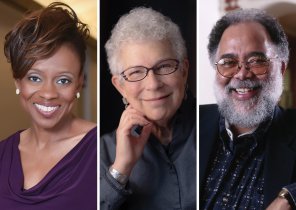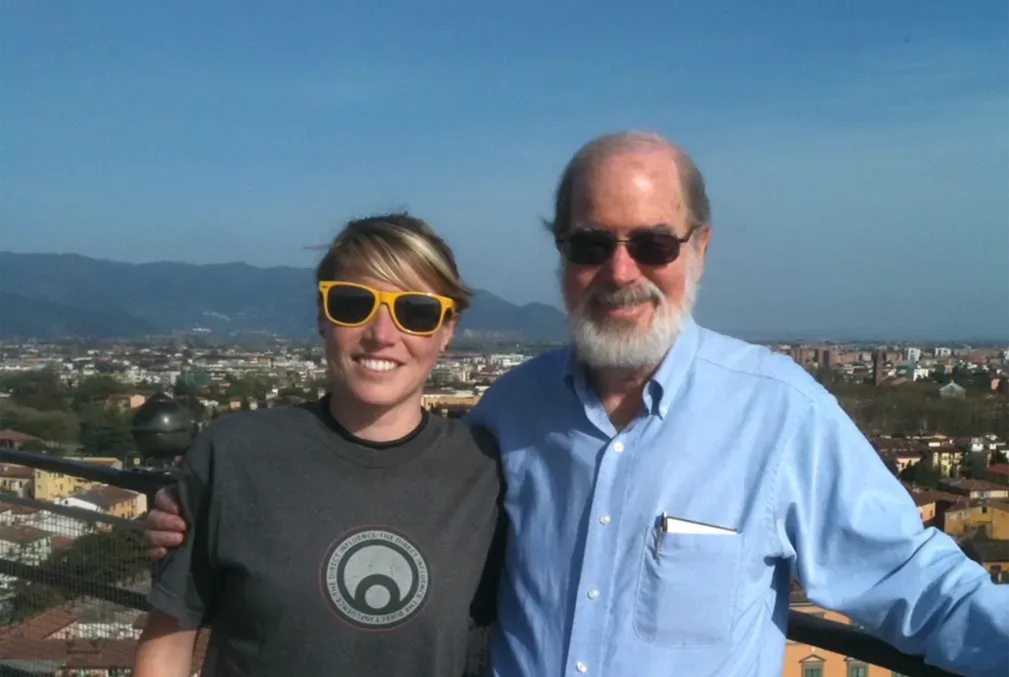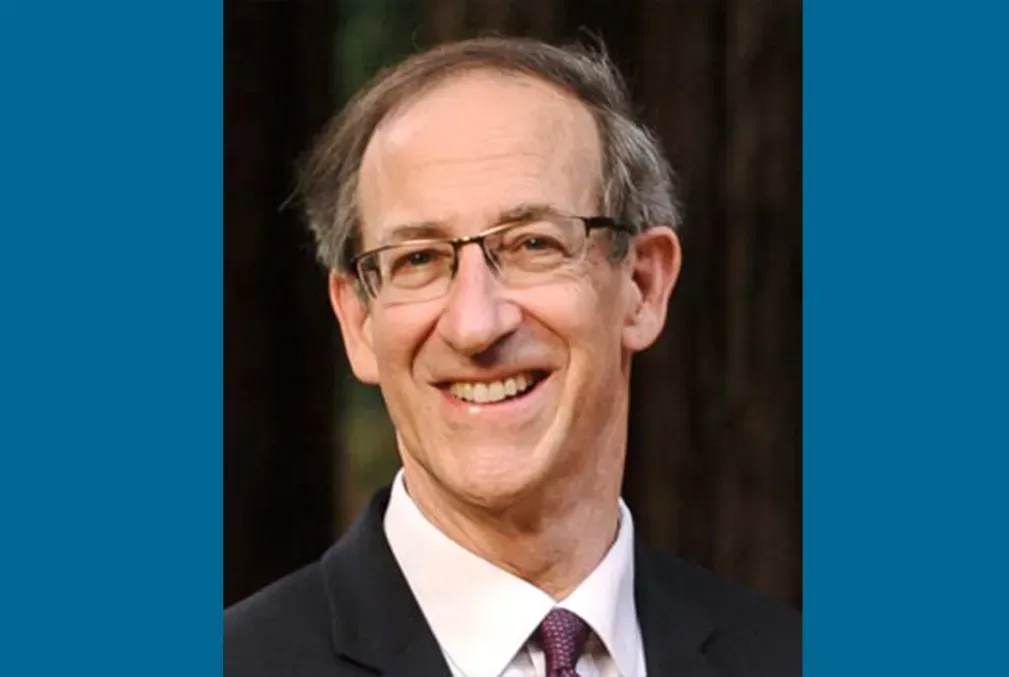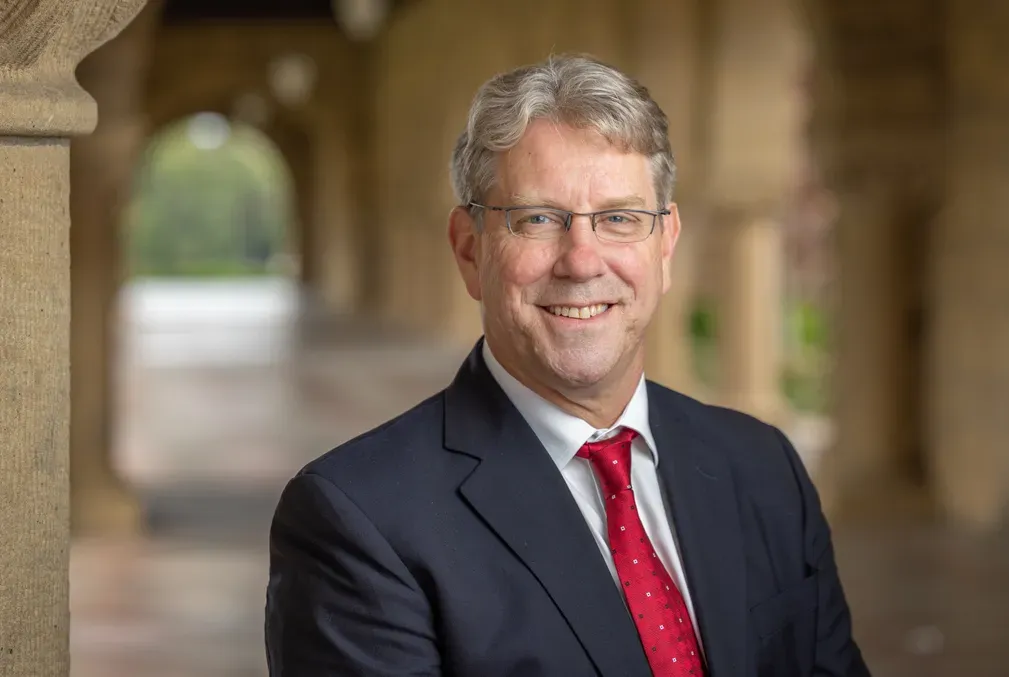Three Stanford faculty members elected to the British Academy
Three Stanford scholars have been elected to the British Academy, in recognition of their achievements in the humanities and social sciences.
Three Stanford faculty members are among the 85 fellows newly elected to the British Academy, the United Kingdom’s national academy for the humanities and social sciences. The academy was founded in 1902 to “mobilize the disciplines [of the humanities and social sciences] to understand the world and shape a brighter future.”
The British Academy consists of a fellowship of over 1,700 experts in the humanities and social sciences, a forum for debate and engagement, and a funding body for research. Most members of the fellowship reside in the U.K., but a few exceptional scholars who live overseas that have attained high international standing in their fields are elected as “corresponding fellows” to the British Academy each year.
The Stanford scholars joining the academy as corresponding fellows are as follows:
Jennifer Eberhardt is the Morris M. Doyle Centennial Professor of Public Policy in the School of Humanities and Sciences; professor of psychology; and faculty co-director of Stanford SPARQ, a behavioral science “do tank” that builds research-driven partnerships with industry leaders and changemakers to combat bias, reduce disparities, and drive culture change. Eberhardt’s research focuses on racial bias and inequality in the criminal justice system and in our neighborhoods, schools, and workplaces. In 2019, Eberhardt published Biased: Uncovering the Hidden Prejudice That Shapes What We See, Think, and Do (Penguin Random House).
Margaret Levi is the Sara Miller McCune Director of the Center for Advanced Study in the Behavioral Sciences and professor of political science at the School of Humanities and Sciences. Levi’s research looks at how people come to believe their governments and organizations are trustworthy and legitimate and the consequences of these beliefs for compliance, consent, and “pro-social” behavior that benefits other people or society. Levi has written and co-authored several books, including Of Rule and Revenue (University of California Press, 1988) and In the Interest of Others: Organizations and Social Activism (Princeton University Press, 2013).
John R. Rickford is the J.E. Wallace Sterling Professor of Linguistics and the Humanities, Emeritus, in the School of Humanities and Sciences. Rickford’s research covers sociolinguistics, or the relationship between linguistic variation and social structure. He is especially focused on Caribbean anglophone creoles and American vernaculars, especially African American English, and implications for educational reform and criminal justice. His most recent book, Speaking My Soul: Race, Life, and Language (Routledge, 2021), is a memoir that explores Rickford’s personal and professional growth from his early years in Guyana to becoming an internationally recognized scholar.
Each year, the British Academy elects up to 52 outstanding scholars from the U.K. as fellows; up to 20 “corresponding fellows” who live outside of the U.K.; and up to four “honorary fellows” from other fields or outside academia who have an impact on the humanities or social sciences.
This year marked the highest proportion of women elected in the U.K.: 56 percent of scholars elected there are women. Outside the U.K., 55 percent of scholars chosen are women.
“While I hope this means that the tide is finally turning for women in academia, there is still much to do to make the research world diverse and open to all,” said Julia Black, president of the British Academy, in a press release. “With our new fellows’ expertise and insights, the academy is better placed than ever to open new seams of knowledge and understanding and to enhance the well-being and prosperity of societies around the world.”




